Celebrating the best of Bengali short fiction
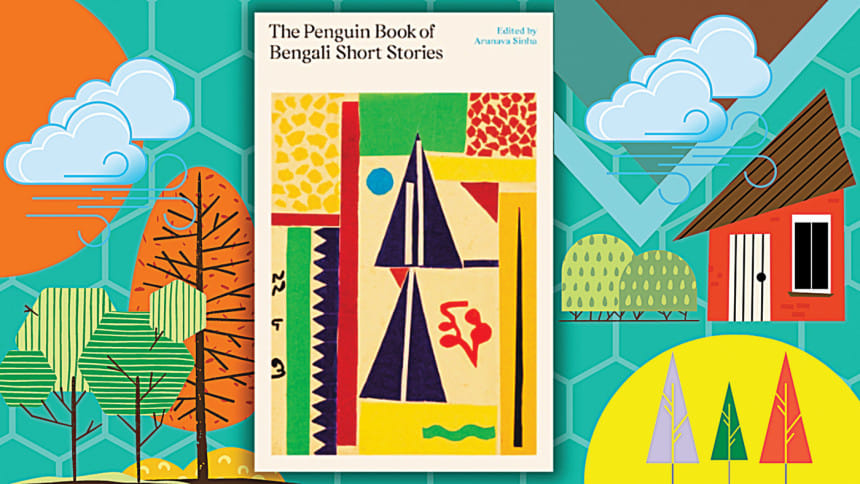
Bengali literature has had a rich history of prose, beginning more or less in the early 19th century under the colonial Raj. Calcutta's presence as the British Empire's capital in the colony shaped much of these works and Arunava Sinha is right to claim that "Bengali fiction has always been written in a time of turmoil." The cultural upheavals of 19th century Bengal, the political crises of the early 20th century, the famines, the partitions (of both 1905 and 1947), the violent language protests, the Bangladesh war of independence—all of this had coloured and moulded the trajectories of Bengali literature.
In a new anthology helmed by Arunava Sinha, The Penguin Book of Bengali Short Stories, the veteran translator and editor of Bengali fiction takes on the task of curating a set of stories, a showcase of Bengali short-fiction through the ages. Though he claims in his introduction that these are "the personal choice of someone who found these stories worthy of full-bodied reading…" the reader would find a representative bunch that highlights much of Bengali history with minimal bloat.
It is not Arunava Sinha's first attempt, having edited The Greatest Bengali Stories Ever Told (Aleph Book Company, 2016) before. The present collection does seem to overcome the few faults its predecessor had, such as the exclusion of writers from Bangladesh. The present anthology is far more encompassing, putting on display the Bengali ghost story, the detective fiction (featuring, of course, Byomkesh), the stories of Bengali war-times, of hunger and the cruelty of caste. We have tales of modern love and anguish in the city, and of the illustrious village-life in the delta.
Fittingly, the anthology starts with Rabindranath Tagore. Tagore's story, "Dead or Alive" is an eclectic look at the oeuvre of the poet, a ghost story that seeks to answer questions of familial bonds. Kadambini, who returns from the dead, finds that her presence has changed how her loved ones view her. "Humans fear ghosts, ghosts fear humans too," Rabindranath says, "they occupy opposite banks of the river of death."
The beautifully constructed "Dead or Alive" is concise in action and deeply moving. Arunava Sinha decides to follow it up with a heart-wrenching story of low-caste life in Sarat Chandra Chattopaddhyay's "Paradise of the Wretched". In Sarat's story, the reader finds an untrammelled prose that vividly captures the dreams and despair of those cursed to be born off low-caste.
Standouts in the anthology includes Bibhutibushan's black-comedic "Drobomoyee's Sojourn in Kashi," where an elderly woman is sent to live with a religious nut, and Buddhadeva Bose's "A Life," where a schoolteacher's life, as he plans to write a dictionary, is shown with the breadth and richness of a novel. But perhaps the best of the collection can be found in Jibanananda Das's "Women" and Ashapurna Devi's "Deceiver and Deception". In the former, the writer documents a day in the life of a bored couple Hemen and Chapola: "...his face was a replica of his paunch. Chapola's face was no different from Hemen's—dreams or imaginativeness never seemed to have encroached on their visages." Their visit to friends, a couple with their own problems, soon descend into a violent conversation of jealousy, self-worth, and marriage. Das's story should be a required reading for any serious writer, wishing to portray the complex, dreary lives of young cityfolk.
The other, in Devi's story, the author takes the reader on a whirlwind of trickery. While nothing seems to happen on a surface level, the intrinsic desires of the characters, the form of a husband who comes home to find his wife might be dead, bring about the dark truths that are usually best left unsaid.
The inclusion of writers from the "other" Bengal, that is here in Bangladesh, has surely made this anthology more worthwhile and lasting, yet the selection is noticeably patchy, as only six writers have made it (most of these translations, as noted in the credits, have been taken from a single book: The Book of Dhaka, an anthology of stories set in Dhaka by Bangladeshi authors). It is still commendable that Sinha includes writers such as Akhtaruzzaman Elias, whose story "The Raincoat" is a fantastic play of anxiety, as a man wears a raincoat belonging to his brother-in-law (who had joined the freedom fighters), goes out into the pouring rain of war-time Dhaka and tries to make it back alive. But Sinha also decides to include, in the same vein, stories such as "The Weapon", a saccharine tale of poverty and crime.
Perhaps, the biggest omission is Kazi Nazrul Islam, without whom any talk of Bengali literature is incomplete and one-sided. Nazrul had been a poet and revolutionary, but his works of prose too had passion and intellectual rigour. The addition of so many novelists whose best works weren't short-stories show that Arunava Sinha selected these writers on the basis of their strength and place in Bengali Literature, therefore it is quite puzzling why he chose to leave out Nazrul.
Still, Arunava Sinha's anthology is a vastly enjoyable read and displays the richness and genius of the Bengali short story.
Shahriar Shaams has written for Dhaka Tribune, The Business Standard, and The Daily Star. He can be emailed at [email protected]. Find him on X: @shahriarshaams.

 For all latest news, follow The Daily Star's Google News channel.
For all latest news, follow The Daily Star's Google News channel. 

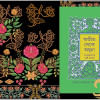
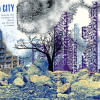

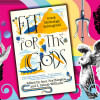
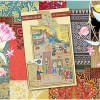


Comments